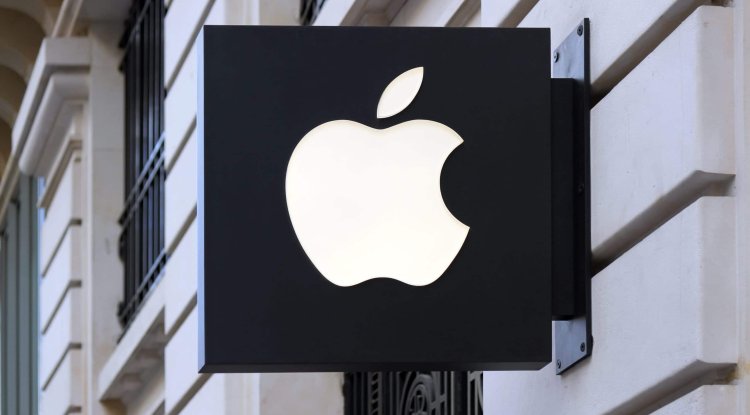New York bans new cryptocurrency mining facilities
A two-year moratorium has been introduced on the launch of new cryptocurrency plants that use the "proof of work" method of transaction validation, with one exception - for those that use renewable energy sources.

The US state of New York this week, in a second attempt, passed a law restricting the expansion of business in the field of cryptocurrency mining.
The senate there voted a two-year moratorium on the launch of new mining facilities, those using the energy-intensive method of confirming transactions on the blockchain, proof of work (POW) - so the ban is aimed primarily at Bitcoin and Ethereum.
This would mean that in the coming period the territory of that federal state will be prohibited to start a new mining plant, ie they will no longer be issued new permits, which are mandatory there to perform such activities.
Ecological mining is OK
All this seems to be aimed at reducing greenhouse gas emissions, so the government announces that it will monitor the impact of this measure on the environment for two years.
Also, new POW mining plants will be allowed to run if they are not powered by fossil fuels. Existing cryptocurrencies have no reason to worry, for now, they will be able to continue working in New York as before, and those whose existing license is expiring will also be able to renew it.
The state of New York has long been recognized as a suitable location for mining rigs, because it has relatively cheap energy, primarily from renewable sources (hydro power in this case), and the climate is on average colder than in most of the rest of the United States. such plants are easier and cool.
Some believe that this example, and the ban on "fossil" mining, will be followed by some other federal states, which could have a positive impact on carbon dioxide emissions. From the top of the federal government, from the White House, there are also announcements that something could be done on this issue at the US level.




























